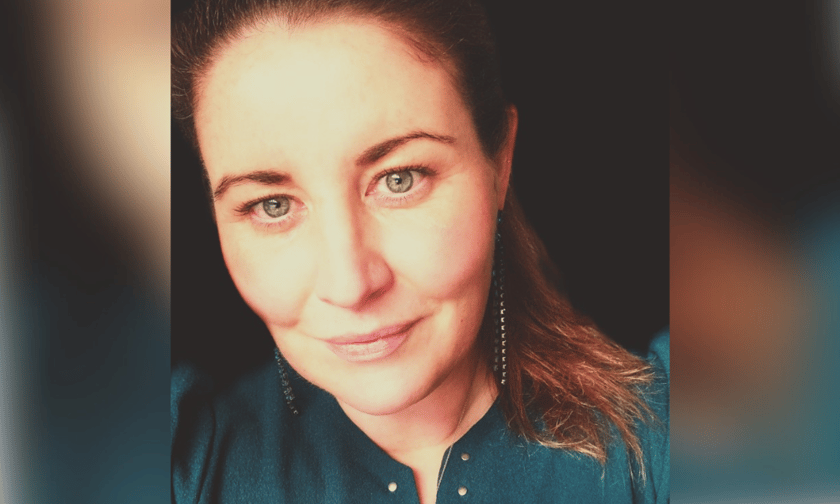

Aviva has reported that nearly one-third (30%) of young drivers have unknowingly purchased invalid car insurance from illegal operators on social media platforms, according to a survey of 2,000 drivers in the 17-25 age bracket.
The scam, known as ghost broking, involves fraudsters posing as legitimate insurers, selling fake or invalid policies to young drivers and those facing difficulties obtaining insurance.
The insurer found that 89% of young drivers who purchased car insurance on social media experienced significant problems. Consequences included instances of policyholders’ details being misrepresented, leading to invalid policies (49%), claims being denied (22%), a lack of assistance from sellers when issues were raised (21%), and police stops resulting in vehicle impoundment or fines (17%).
Aviva's policy application fraud lead, Katriona Cunningham (pictured above), noted that social media's role in young people’s lives may explain the popularity of social media platforms for buying insurance, with 30% of young drivers surveyed reporting they have considered it.
“However, ghost brokers are actively targeting young drivers on social media platforms, offering cheap-but-worthless car insurance that puts the young driver at risk of being uninsured,” she said.
Cunningham also warned that any offers on social media that appear "too good to be true" likely are fraudulent.
“If you suspect you’ve encountered a ghost broker, report it to the Insurance Fraud Bureau or Action Fraud so they can investigate and prevent others from being scammed,” she urged.
Aviva’s data on fraud further supports the findings from the survey. So far this year, the company has flagged 340,000 policy applications with fraud concerns and removed nearly 17,000 policies due to application fraud. Additionally, Aviva has linked 7,000 cases to ongoing ghost broking investigations, underscoring the scale of the issue.
Among the survey respondents, nearly four out of five (77%) reported seeing social media posts advertising cheap car insurance, and 48% said they believed those promoting such offers were trustworthy.
However, 63% of young drivers stated that they would be cautious of anyone offering low-cost insurance on social platforms, while 15% indicated they would not be suspicious.
Young drivers gave a variety of reasons for considering insurance via social media, with 39% citing trust if a known insurance brand was mentioned, 23% indicating that they knew someone who had previously purchased insurance this way, and 20% mentioning frequent purchases on social platforms.
However, Aviva noted that these drivers often underestimated the risks involved in purchasing insurance through informal channels.
To help young drivers avoid fraudulent insurance, Aviva recommends checking broker credentials on the British Insurance Brokers' Association (BIBA) or Financial Conduct Authority (FCA) registers and verifying the insurer’s status with the Motor Insurers' Bureau.
The insurer also advises avoiding deals exclusively advertised on social platforms, looking out for spelling or grammatical errors in communications, and reaching out to insurers directly to ensure legitimacy.
Suspected cases of ghost broking can be reported to the Insurance Fraud Bureau’s CheatLine for further investigation.
What are your thoughts on this story? Please feel free to share your comments below.
